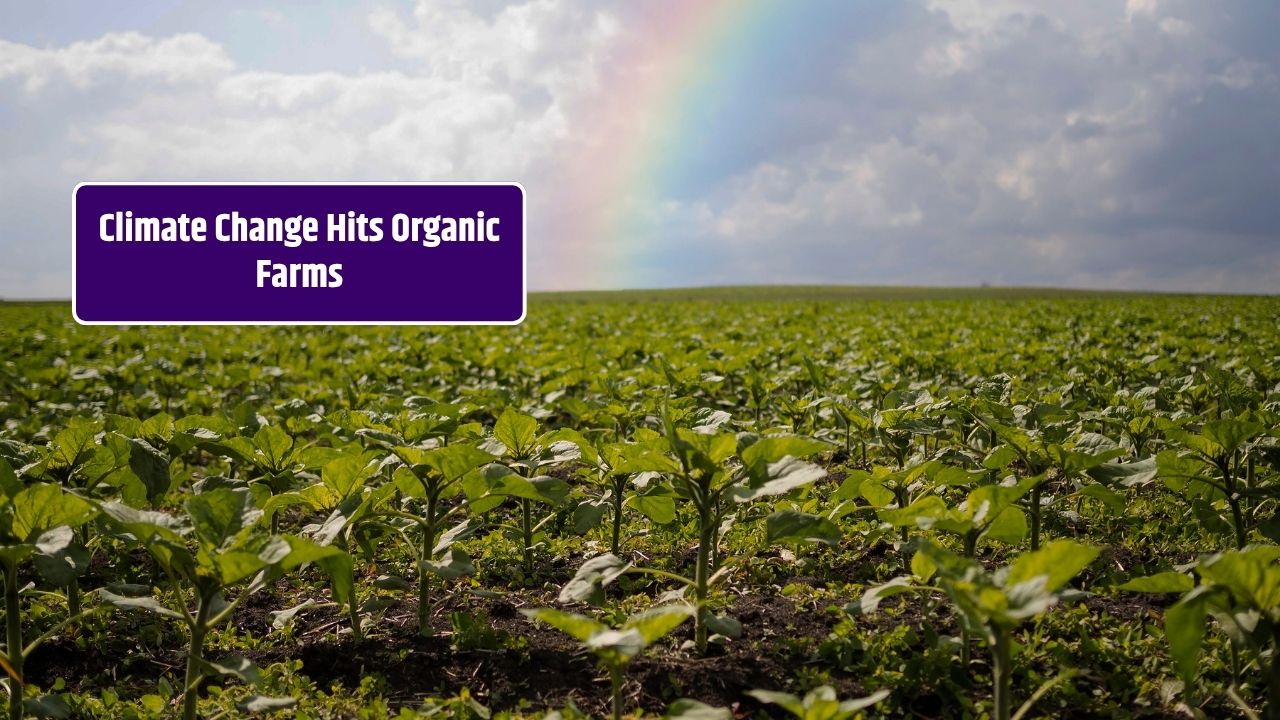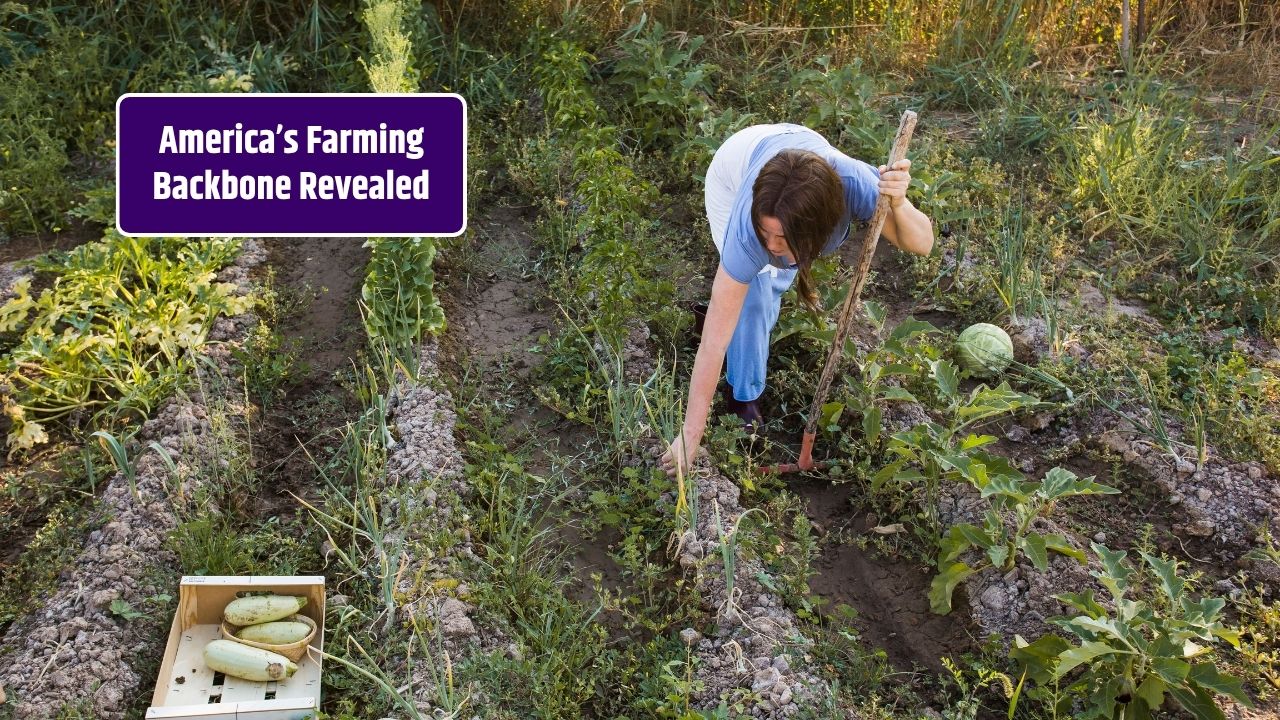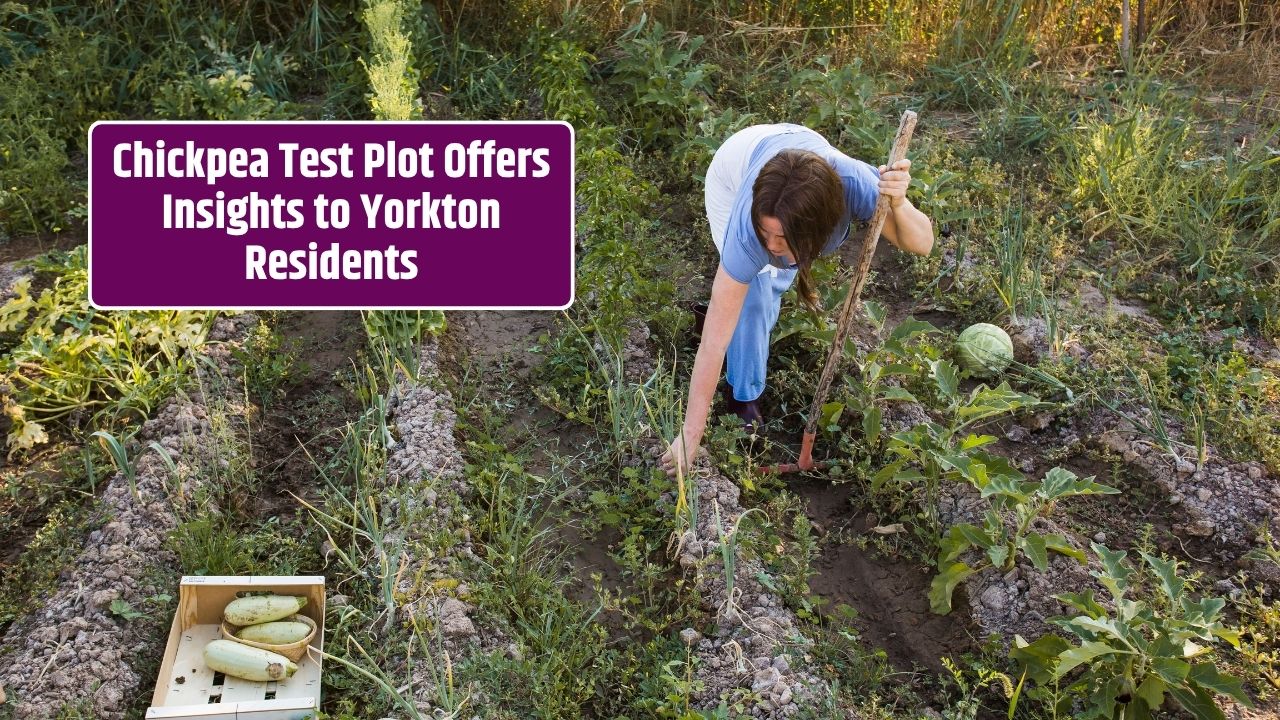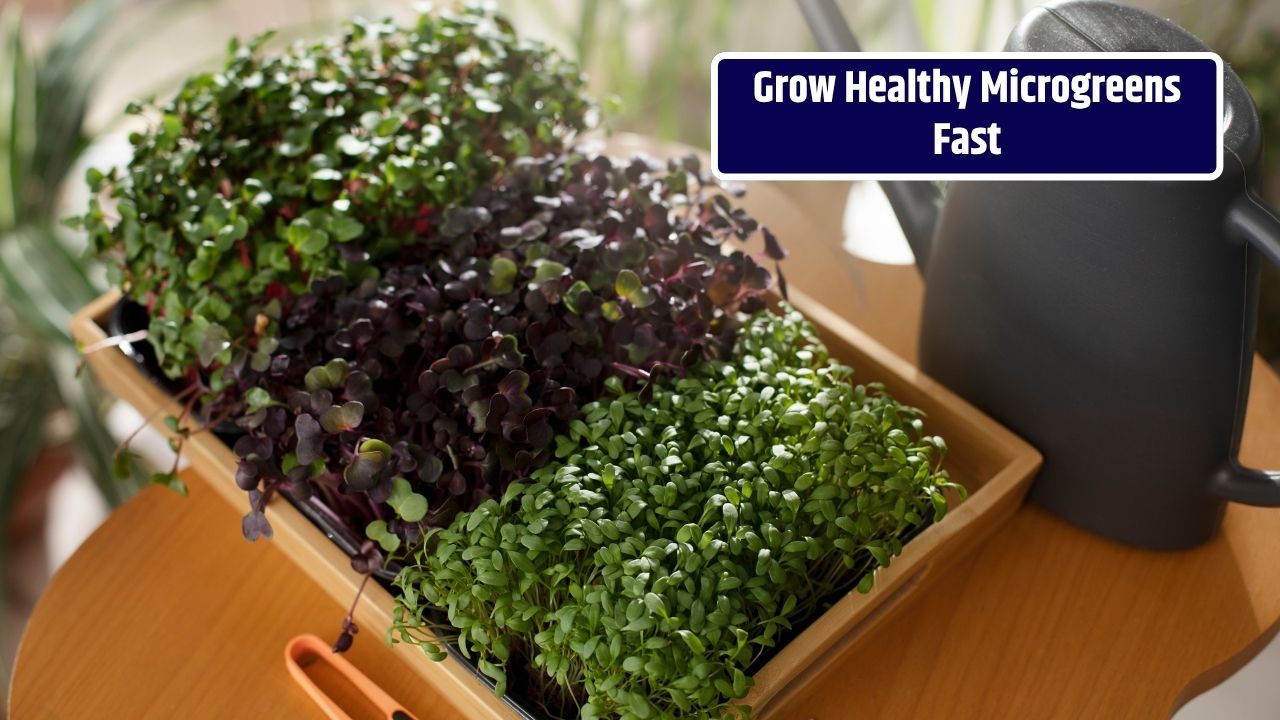Climate change is reshaping agriculture across the globe—and organic farming is no exception. As weather becomes more unpredictable and extreme events more frequent, organic crop yields are facing both new challenges and evolving opportunities. Unlike conventional systems, which rely heavily on synthetic inputs to stabilize production, organic farms depend on natural processes that are more sensitive to climate variations.
In 2025, understanding how climate change affects organic crop yields is essential for farmers, consumers, and policymakers alike.
Table of Contents
How Climate Change Is Affecting Organic Crop Yields
Organic farming systems are designed to work with nature, not against it. But as the environment changes, so does the balance these systems rely on.
Key Climate Impacts on Organic Farming
| Climate Factor | Impact on Organic Crops |
|---|---|
| Rising Temperatures | Stress on crops, reduced yields, faster pest cycles |
| Irregular Rainfall | Drought or flooding affects soil fertility and crops |
| Extreme Weather | Increased crop loss from storms, frost, and heatwaves |
| Longer Growing Seasons | Opportunity for more cycles—but also more pests |
| Soil Erosion & Degradation | Loss of topsoil vital for organic production |
Without synthetic fertilizers or pesticides, organic farms rely heavily on healthy soil, natural pest control, and crop diversity. Climate change disrupts all three.
The Unique Vulnerability of Organic Systems
Organic farms often have fewer options for reacting quickly to stressors. For example, if a pest outbreak occurs during a hot, dry summer, a conventional farm might spray synthetic chemicals for immediate relief. Organic farmers, however, must rely on preventive methods like companion planting or approved natural treatments, which may take longer to work or be less effective under extreme conditions.
Other challenges include:
- Limited drought-resistant seed varieties available for organic growers
- Certification restrictions on emergency soil amendments or pest controls
- Greater dependence on ecosystem health, which climate change destabilizes
Resilience Factors Working in Organic Farming’s Favor
Despite the risks, organic systems also have built-in advantages that can help them adapt to climate shifts:
- Healthier Soil Structure: Organic soils typically have more organic matter, which retains moisture and resists erosion.
- Crop Rotation & Diversity: These practices increase resilience against pests and weather extremes.
- On-Farm Biodiversity: Encouraging pollinators and predator species can help balance shifting pest populations.
- Lower Emissions: Organic farming avoids synthetic fertilizers, helping reduce greenhouse gas output.
These factors may not eliminate the challenges, but they do provide a solid foundation for adaptation.
Regional Variations in Impact
The effects of climate change on organic crop yields vary greatly by region:
| Region | Climate Trend | Organic Crop Impact |
|---|---|---|
| U.S. Midwest | Hotter summers, erratic rain | Stress on grains, more disease pressure |
| California | Drought and water limits | Reduced yields in fruits and vegetables |
| Northeast U.S. | Warmer winters, more rain | New pest patterns, soil saturation |
| Southern U.S. | Heatwaves and humidity | Risk of crop failure and fungal issues |
Localized weather events and microclimates mean that mitigation strategies must be tailored to each farm’s conditions.
Strategies for Adapting Organic Farms to Climate Change
To protect and potentially boost yields, organic farmers are adopting new practices and technologies, including:
- Cover cropping to protect soil from erosion and maintain moisture
- Compost applications to improve soil health and nutrient density
- Shade crops and agroforestry to shield sensitive plants
- Water-efficient irrigation systems, like drip lines and rainwater harvesting
- On-farm weather monitoring and AI tools to predict pest and disease risks
Cooperative research, shared data platforms, and region-specific training are helping organic farmers build long-term resilience.
Policy and Research Support
Governments and NGOs are increasingly recognizing the importance of supporting organic agriculture in the fight against climate change. In 2025:
- USDA offers climate-smart grants for organic practices like composting and no-till
- Universities are breeding climate-resilient organic seed varieties
- Organic Research and Extension Initiative (OREI) is funding adaptation research across the U.S.
Organic farms are becoming test beds for sustainable agriculture under changing conditions.
FAQs
Does organic farming perform worse under climate stress?
Not always. While organic systems can be more sensitive, they also have more resilient soil and lower input dependence, which can help in long-term stress adaptation.
Can organic farmers use climate-resilient seeds?
Yes, but they must be certified organic or untreated. More climate-resilient, organically approved seed varieties are becoming available.
Is irrigation allowed in organic farming?
Yes. Organic standards allow irrigation, but water use must be efficient and sustainable.





















